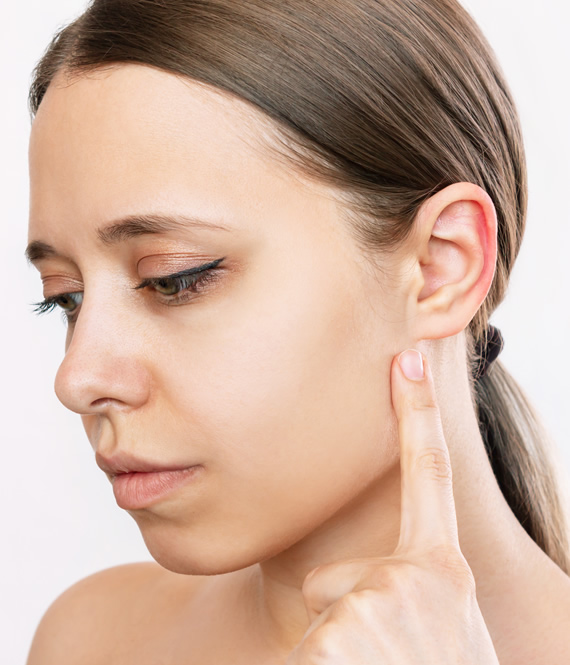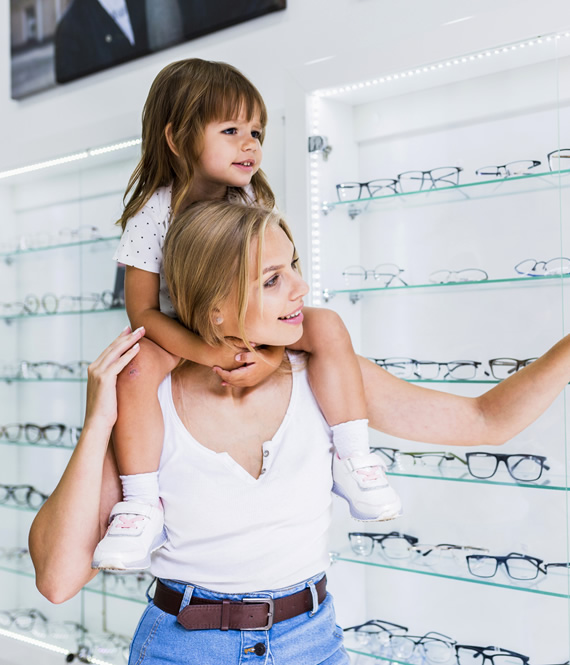
7 Causes of Hearing Loss – and How to Avoid or Minimize Them
We recommend helpful products in our articles. Read our full disclosure here. The content on this website is not intended to be a substitute for professional advice, diagnosis, or treatment.
Hearing loss is one of the most common sensory impairments affecting millions of people worldwide.
However, its causes and risk factors are not always fully understood.
Age-related hearing loss and exposure to loud noise are two well-known potential causes of this issue.
There are other factors that can contribute to hearing problems, such as ear infections, certain medications, and genetic conditions.
In this article, we will explore the various causes of hearing loss and discuss some ways to prevent or reduce their impact on your hearing health.
Learning More About Hearing Loss: How To Start
If you are looking to prevent hearing loss, slow down the progression of this condition, or minimize risk factors that may lead to it, educating yourself about the causes and telltale signs of hearing conditions is the first step to take.
However, as you are learning more about hearing health, it is important to cut through the background noise and rely on trustworthy resources, such as Hearing Research.
These resources will allow you to access relevant, accurate, and up-to-date information on this complex topic.
Partnering with an audiologist is another great way to begin your journey toward a better understanding of how hearing loss can affect your life.
They can help you navigate the different types of treatments available and offer guidance on managing your condition.
Below, you’ll find a brief introduction to the most common causes and risk factors of hearing loss – and tips on how to address them.
Age-Related Hearing Loss (Presbycusis)
Age-related hearing loss or presbycusis occurs due to the normal aging process and can be caused by changes in the inner ear, middle ear, or the nerve pathways that carry sound to your brain.
If left untreated, hearing loss in older adults can lead to social isolation and is associated with a much greater risk of dementia compared to people with healthy hearing.
It’s important to note that presbycusis isn’t reversible, but investing in hearing aids can help manage this condition and improve quality of life.
As a caregiver for aging parents or loved ones, ensuring they have access to proper treatment and support is crucial for their overall well-being and long-term health.
Noise-Induced Hearing Loss (NIHL)
Noise-induced hearing loss affects over 17% of adults – or approximately 26 million people.
This type of hearing loss derives from exposure to loud noises and can be prevented by wearing protective earplugs or earmuffs in noisy environments, like construction sites or concerts.
Ototoxic Medications
If you regularly take ototoxic medications, you may be putting your hearing at risk.
These drugs can damage hair cells in the inner ear, leading to permanent hearing loss.
Some examples of these medications include certain antibiotics, chemotherapy drugs, and painkillers.
Infections and Diseases
Infections and diseases can also lead to hearing loss.
Certain viruses such as measles, mumps, and rubella can cause sensorineural (caused by disease of the inner ear or auditory nerve) hearing loss.
On the other hand, bacterial infections like meningitis and streptococcus pneumonia can damage the inner ear leading to hearing problems.
Keeping up with all essential vaccinations and finding adequate treatment in a timely manner can help you avoid the most severe complications of these diseases.
Meniere’s Disease
Meniere’s Disease is a condition that affects your inner ear, causing vertigo, hearing loss, and tinnitus.
The exact cause of Meniere’s is still a mystery, although it could be related to abnormal fluid buildup in the ear.
Treatment options for Meniere’s include medications to manage symptoms, dietary changes, and surgical intervention in more severe cases.
Acoustic Neuroma
Acoustic neuroma is a non-cancerous tumor that grows on the vestibular nerve.
This nerve connects the inner ear to the brain and controls balance and hearing.
Symptoms of acoustic neuroma include hearing loss, ringing in the ears, unsteadiness or vertigo, and difficulty with facial movements.
Although there is no way to prevent acoustic neuroma, seeking immediate treatment as soon as your symptoms appear can help you reduce the risk of further damage to your hearing.
Cardiovascular Disease
As studies show, cardiovascular disease is a leading cause of hearing loss, especially in older adults.
This occurs when blood flow to the ears is restricted due to the narrowing of the blood vessels.
To reduce your risk, it’s important to maintain a healthy lifestyle that includes regular exercise and a balanced diet.
What’s more, treating cardiovascular problems in older adults can prevent or slow down the progression of hearing loss.
Make sure to speak to an expert cardiologist and adjust your lifestyle for heart health to reduce the risk of cardiovascular diseases.
Partnering With a Specialized Audiologist
Understanding the causes and risk factors of hearing loss is no easy feat.
However, learning how to safeguard your hearing is crucial for your overall health and well-being.
Plus, looking after your hearing health can reduce the risk of developing dementia and allow you to live independently for as long as possible.
If you are unsure of the steps to take to protect your hearing, start by learning more about this topic or partner with an audiologist.
"We love to research problems, examine studies, analyze solutions, and share with you ideas that make life healthier. You can learn about us and our editorial standards here. Have suggestions or feedback to share? Send us a message!."













Leave a Comment